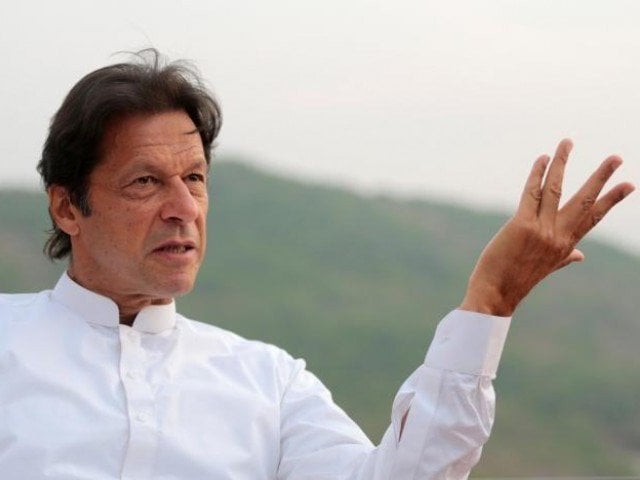
Therefore, it was not surprising the manner with which India pulled out of a meeting between the foreign ministers at the sidelines of the UN General Assembly session in New York.What was certainly unprecedented and shocking, though, was the scathing statement issued by the Indian External Affairs Ministry. It was for the first time that Indian official handout targeted the person of any Prime Minister in Pakistan. Even people within India particularly retired diplomats termed the statement undiplomatic. Former Indian High Commissioner Sharat Sabarwal went to the extent of saying that diplomats could never draft such statements. This means that the Modi government used the external affairs ministry for domestic political purposes.
On the contrary, Pakistan Foreign Office’s response was very mature and professional. However, that reaction was overshadowed by Prime Minister Imran’s response to the Indian cancellation of meeting between the foreign ministers. He hit out at his Indian counterpart indirectly calling Modi a ‘small man occupying a big office.’ Saner voices suggested that he should not have reacted when the Foreign Office already gave a detailed rejoinder. Nevertheless there was no denying the fact that Imran genuinely wanted to seek peace with India and naturally felt disappointed after the Indian snub.
Now that Imran’s plan seeking dialogue with India is clearly backfired, the real challenge is what next? That was the problem even faced by the PML-N government. It also wanted to re-engage with India and for that certain initiatives were taken. When those efforts couldn’t produce the desired results and tensions soared the government of Nawaz Sharif did not have a contingency plan to rely upon.
If the PTI government wants to fare better then it needs a plan B on India. Just reiterating the desire for peaceful relationship and begging for talks is not the answer. This does not mean Pakistan should adopt any hostile posture. The overarching objective must remain the same and that is to seek dialogue with India but based on mutual respect and reciprocity. But that is only possible when Pakistan focuses its energies on domestic issues, including stabilising economy and taking some tough decisions on internal security. The reason India often gets away with what its forces are doing in Kashmir and the role of its secret agencies in creating subversive activities in Pakistan is because of its growing economic prowess. Pakistan, on the other hand, is facing a situation where Western countries are not willing to buy its narrative despite the fact that on many issues it has a very strong position. In realpolitik, there is little room for morality. Any country with a strong economy that has stakes beyond its borders will always have more clout than the one struggling to survive.
Imran Khan pushes for revival of talks with India
And that’s why the PTI government needs plan B. Forget about seeking resumption of dialogue with India for the time being and instead focus on stabilising the economy. Meanwhile, try to find common grounds both with Afghanistan and the United States. For that the government may have to take some tough decisions. Also irrespective of what India demands or says, Pakistan must bring to a closure the trial of November 2008 Mumbai suspects and at the same time deny space to groups or non-state actors who may use our soil to perpetrate terrorism. These measures would certainly neutralise the Indian propaganda, providing Pakistan an opportunity to put its estranged neighbour in a tight spot.
Published in The Express Tribune, October 1st, 2018.
Like Opinion & Editorial on Facebook, follow @ETOpEd on Twitter to receive all updates on all our daily pieces.
1724668524-0/Untitled-design-(5)1724668524-0-405x300.webp)










COMMENTS (5)
Comments are moderated and generally will be posted if they are on-topic and not abusive.
For more information, please see our Comments FAQ